When reporting on the boarding schools in China, it is important to respect the facts and be objective and rational, rather than quote hearsay or even make up stories and spread false accusations, a Chinese foreign ministry spokesperson said on Thursday.
Spokesperson Mao Ning made the remarks at a regular news briefing when asked to comment on some Western media reports saying there are "residential school" in Tibet that are part of the Chinese government's large-scale assimilation campaign targeting Tibetans.
"This is certainly not true and apparently just another allegation meant to mislead the public about China and smear China's image," Mao said, adding that as is commonly seen around the world, there are boarding schools across Chinese provinces and regions to meet the need of the local students.
Mao said these schools provide accommodation, catering and other boarding services, and are not closed facilities and still less run in military style.
"In the case of China's Tibet, this is a region of high altitude and highly scattered population in many areas. For children from herding families in particular, they have to travel long distances to get to school. If schools were to be built in every place the students live, it would be very difficult to ensure adequate teachers and quality of teaching in each school. That is why boarding schools have been set up as a practical way to ensure all children's equal right to education. It is entirely up to the students and their parents whether to board or not," the spokesperson said.
She said that just like schools in other Chinese provinces and regions, the boarding schools in the Tibet Autonomous Region attach great importance to the participation of students' families.
"Parents are invited to take part in the management and planning of school life through parent committees and open days. Students can choose to go home on every weekend, holiday and festival, including traditional Tibetan festivals such as the Tibetan New Year and the Shoton Festival, as well as during the winter and summer breaks," Mao said.
Parents can visit their children at school any time and take their children home whenever needed, she added.
Courses of traditional culture, such as Tibetan language and literature and folk dance, are widely available, traditional food unique to the Tibet Plateau is provided, and students are allowed to wear traditional dresses at these schools, Mao said.









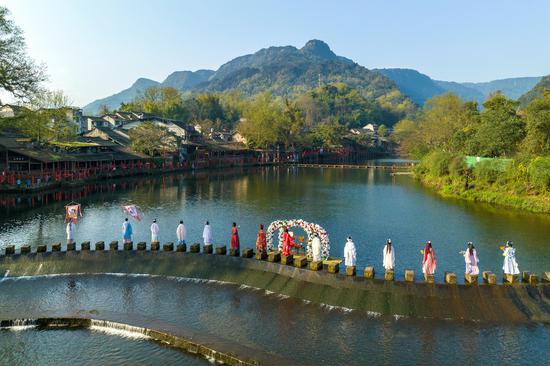
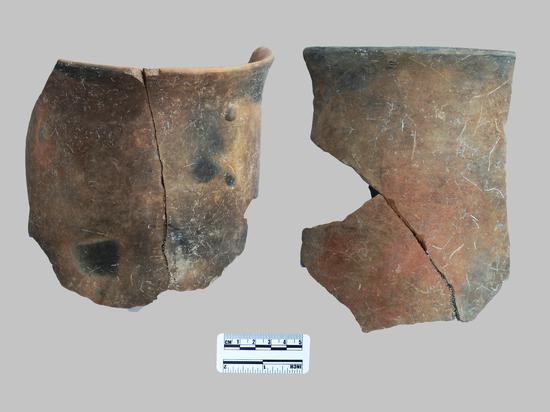
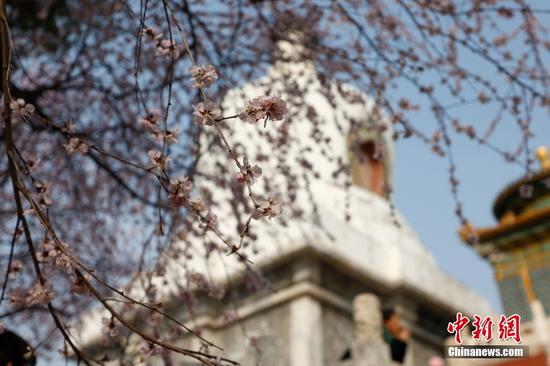


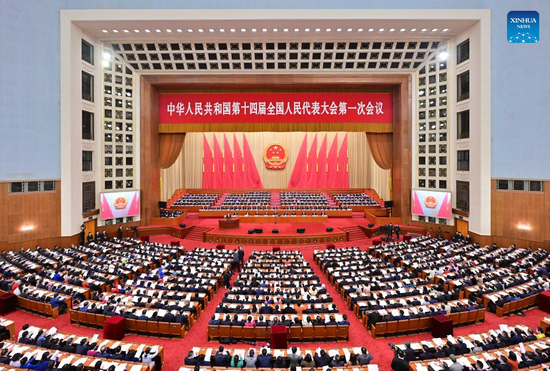









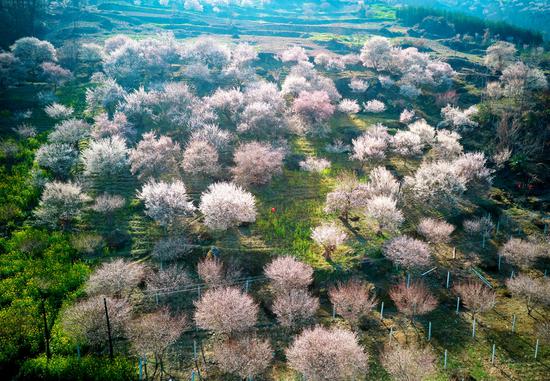
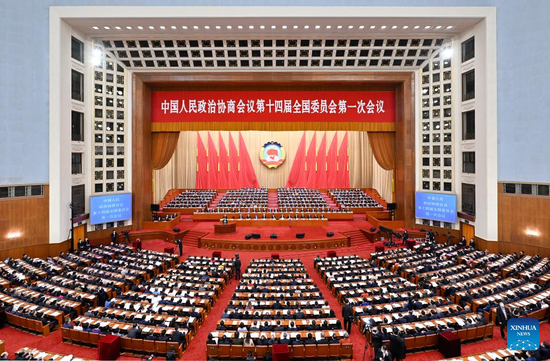
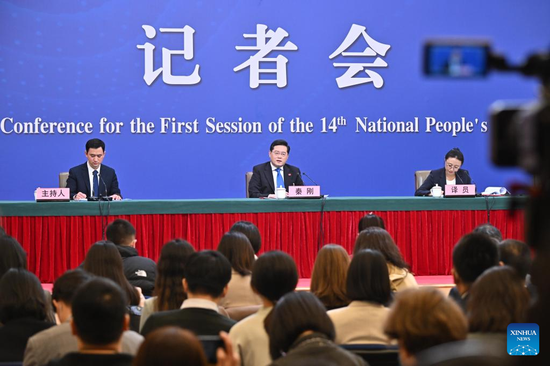
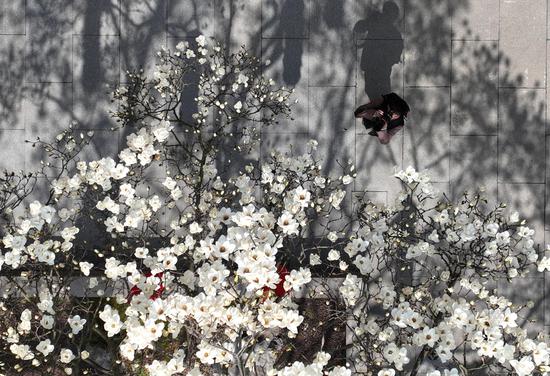
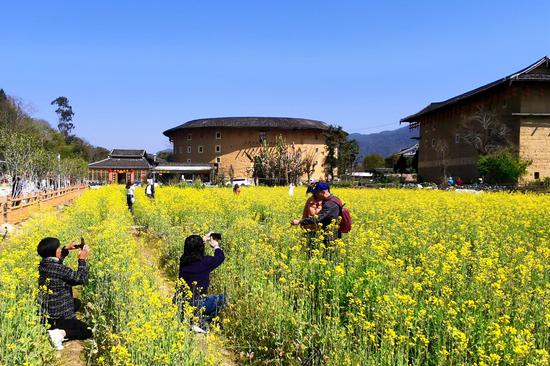
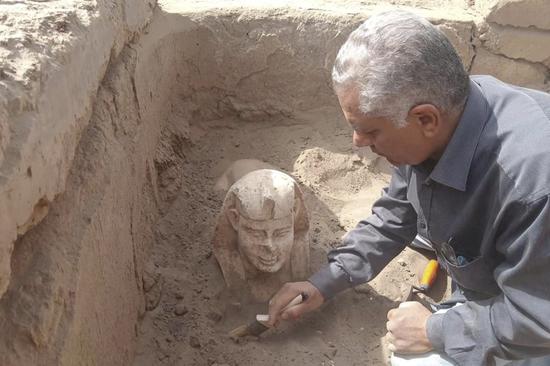
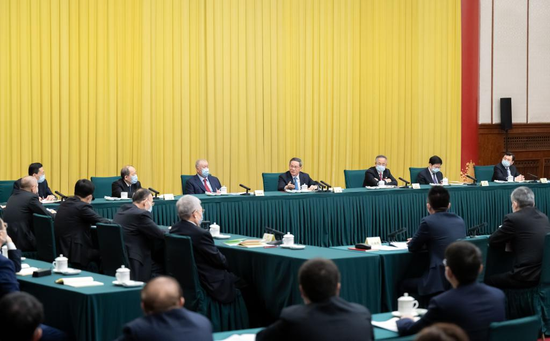
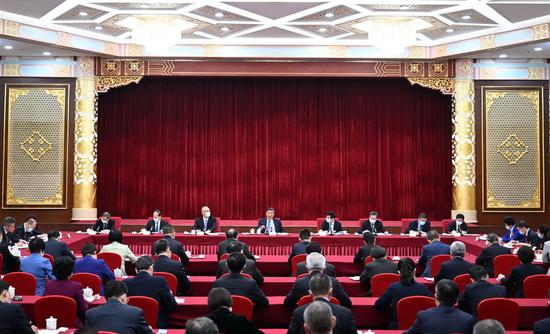

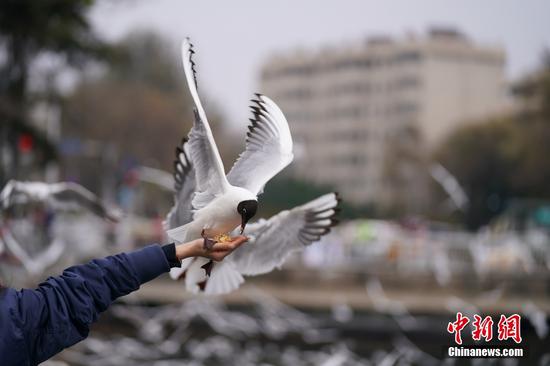





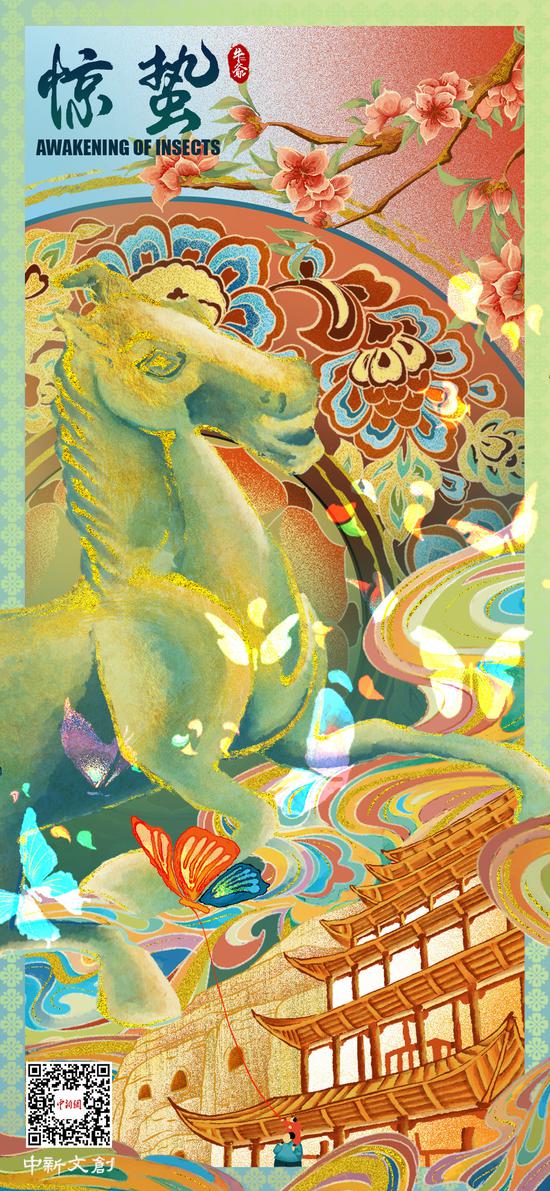
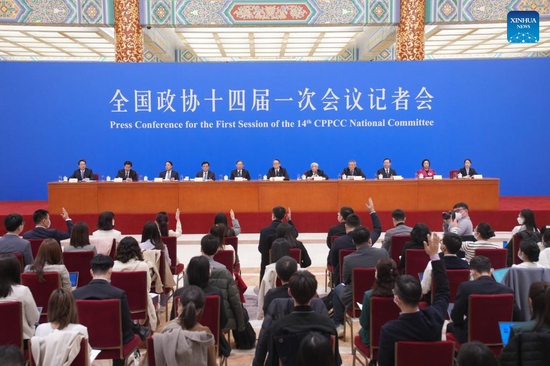
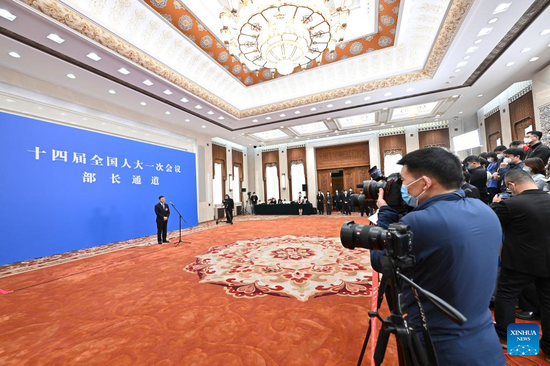
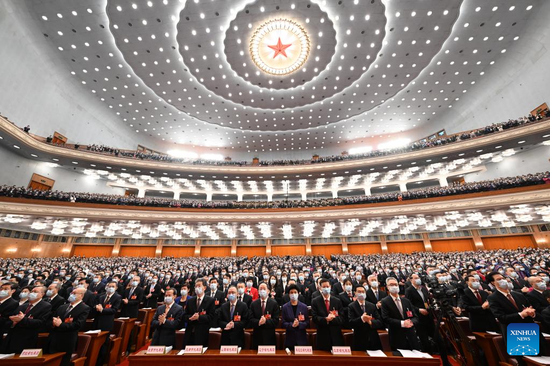
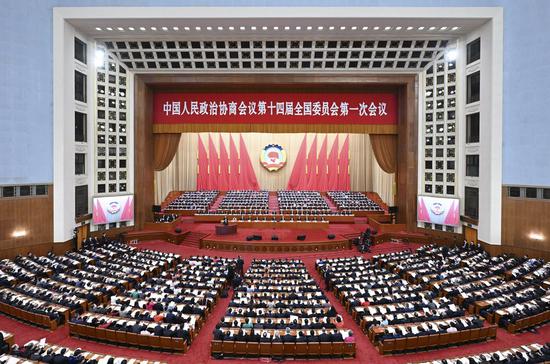





 京公网安备 11010202009201号
京公网安备 11010202009201号